Inclusive Cities
Special Sessions Venue: Room 15-Demetrio Aguilera Theater- United Nations Population Fund (UNFPA),
- Office of the High Commissioner for Human Rights (OHCHR),
- United Nations Development Programme (UNDP),
- United Nations Department of Economic and Social Affairs (UNDESA).
- World Health Organization (WHO),
- United Nations Economic Commission for Latin America and the Caribbean (UNECLAC),
- UN-Women,
- United Nations Children’s Fund (UNICEF),
- United Nations High Commission for Refugees (UNHCR),
- United Nations Educational, Scientific and Cultural Organization (UNESCO),
- United Nations Human Settlements Programme (UN-Habitat).
- Annemarie Penn-te Strake Mayor Mayor Of Maastrich Netherlands
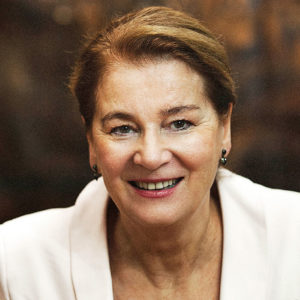
- Fatimetou Abdel Malick Mayor Municipality Of Tevragh Zeina Mauritania
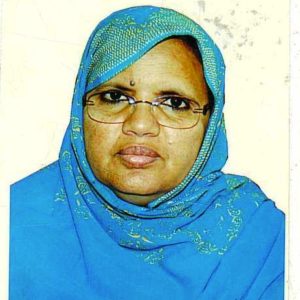
- Ina Voelcker Technical Director International Longevity Centre Brazil Germany
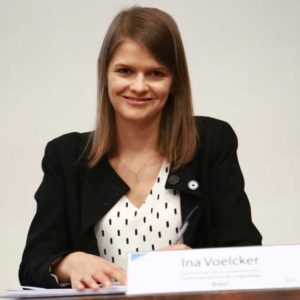
- Kate Gilmore Deputy High Commissioner For Human Rights OHCHR Australia
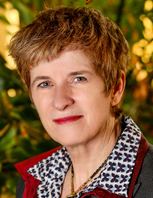
- Lorena Zarate Ex-President Habitat International Coalition (HIC) Argentina
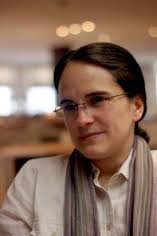
- Maria Augusta Montalvo Cepeda Management And Institutional Efficiency Undersecretary Government Of Ecuador Ecuador
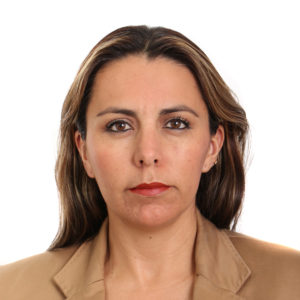
- Moni Pizani Country Representative In Ecuador UN Women

- Romulo Paes de Sousa Director The World Centre For Sustainable Development (RIO Centre) Brazil
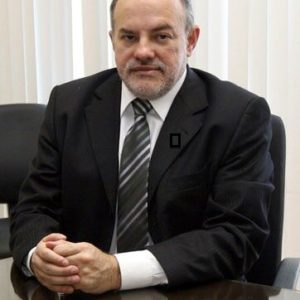
- Tamar Zandberg Israeli Parliament

The New Urban Agenda and the Fight Against Discrimination and Inequality in Cities
Urbanization provides the potential for new forms of social inclusion, gender and social equality, access to services, new opportunities, engagement, and mobilization that reflect the diversity of cities and countries across the globe. Unfortunately, inequality and exclusion persist in urbanization, and at much higher rates than the national average. More than two thirds of the world’s population lives in cities where income inequality has increased above the United Nations alert line since 1980. Using the guiding questions outlined below, the session will involve a group of high level experts and personalities offering their insights on the concrete actions that need to be prioritized, as well as progress monitoring, to achieve the goals of the New Urban Agenda.
Guiding Questions
· What is needed to achieve the inclusivity goals of the New Urban Agenda and move beyond the idea of “business as usual” in urban development practices? · How to achieve a coherent and effective implementation of the New Urban Agenda, within the scope of the Sustainable Development Goals and human rights at local and national level, particularly in relation to gender and age?
